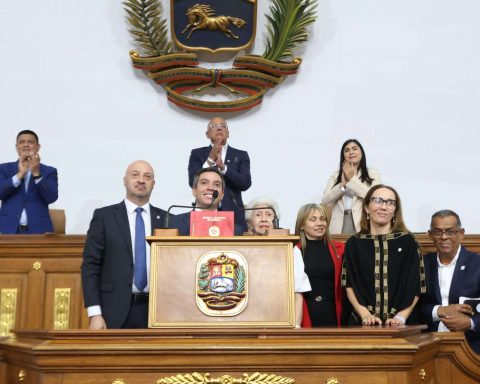This Friday, August 12 at 10 am, the Extraordinary Session of the Committee of Representatives of the Latin American Integration Association (Aladi) was held on the occasion of its 42nd anniversary. On the occasion, the economist Enrique Iglesias, Distinguished Citizen of the Latin American Integration Association, will give a speech.
The general secretary of Aladi, Sergio Abreu, stated that “when it comes to defending the work of the most humble, each country becomes an unmanageable nationalist.”
Consulted by the Progressivism that is implanted in Latin America, he stated that «today there is no progress, human rights belong to those who work, not to the left or the right. The one who is progressive guards everyone, but if the ideology in this region, which is the most unequal on the planet, continues to attach itself to friends and non-friends, that group of friends will prevail over the one that needs the most.
For the region to apply Progressivism, Abreu expressed that the continent has to “leave irrelevance, not do presidential diplomacy and defend work, this means that the more integration there is between the countries, the more dignity people will have. That is progressivism.” In that sense, he added that the important thing is education and “today the biggest failure is education.”
bargaining strength
For his part, Iglesias referred to his saying: “the silence of Latin America on the great issues of the world” and explained that he was referring to the fact that “we could have strength if we had politically adopted positions on major issues. We have no initiatives.
In that sense, he added that “there is a political problem behind each country that causes the focus to remain internal and there is no time for the international.”
Regarding the FTA with China, he stated that “all countries should have treaties with China. That would give the region greater bargaining power.” Regarding whether this would affect relations with the United States, he stated that “it is a commercial issue and cannot be left out of that sphere, therefore it should not generate problems in other areas.”
On the other hand, since our country was interested, it classified the situation as good, taking into account that “Uruguay’s entry would allow the generation of an experience that allows other countries to enter into negotiations.”


















